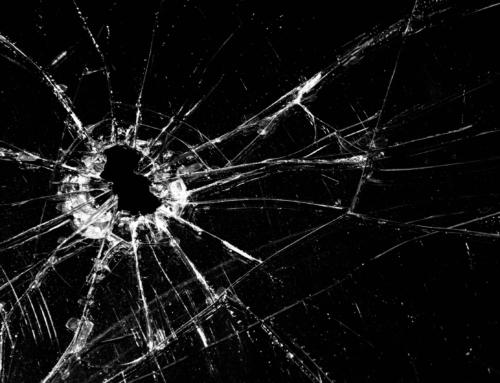I haven’t posted here in months. I’ve been busy.
Sound familiar? “I’ve been busy” or “I’m too busy.” A few months ago a good friend, let’s call him Max, said, “I think busy is the new lazy.” Max is a really smart guy and a good thinker so I paid attention, made a mental note, and have revisited the notion a couple of times. Today, without warning, that little processor in my head issued a response to that months old inquiry: No.
Busy is not the new lazy. It’s the new (old) excuse. It has been around forever, “I’m too busy to ____ “
Here’s an example that’s, unfortunately, all too common: a person or organization finds itself in a situation where the internal (what the self or organization is really like) and the external (what the world is really like) alignment is gone. The next step is where people – and organizations – get into trouble. They, too frequently, miss the binary decision that is right before them: adapt or begin the journey to slow death. The default path is unrecognized slow death. It sounds like, “I’m too busy to deal with that right now.” It happens at all levels of an organization and is irrespective of social standing, economic well being, and lineage in individuals.
Why not just adapt; make some changes?
Incremental change is usually the result of a rational analysis and planning process. It is also largely under our control and is, by definition, an extension of the past. In these cases, the past and the present are irrelevant except for the fact that there is no relevance between them. When the internal/external alignment is gone, incremental change is insufficient to the need. Also, it is unlikely that the world (reality) will realign itself to an individual or organization on demand.
That leaves us with what author Robert Quinn calls deep change. This is change that is major in scale, discontinuous from the past, generally irreversible, distorting of existing patterns of action and behavior, and it involves taking risks. And most frightening of all, it means surrendering control.
Enter denial. When presented with information that suggests we need to make a deep change, our first reaction is usually denial. In denial we work on the wrong solutions or no solutions. We get busy.
We are victims of our past success: we pull out our old maps to navigate the new territory. What could possibly go wrong?
What is really needed is the recognition that we have been lying to ourselves; we have been guilty of hypocrisy and cowardice. Otherwise, we’ll never understand or undertake the necessary course correction and do the hard work to reinvent ourselves or our organizations.
Why haven’t I posted here in months? Like you, I am not immune to the tendency to choose slow death. I have decided that if I am not continually growing (by compiling these posts and other similar work to keep learning), then I am slowly dying.
I chose growth. I’ve been busy.
In Other Words…
“Organizations lose their relevance when the rate of internal change lags the pace of external change.” ― Gary Hamel
“Everyone thinks of changing the world, but no one thinks of changing himself.” ― Leo Tolstoy
“The world as we have created it is a process of our thinking. It cannot be changed without changing our thinking.” ― Albert Einstein
“Life is a series of natural and spontaneous changes. Don’t resist them; that only creates sorrow. Let reality be reality. Let things flow naturally forward in whatever way they like.” ― Lao Tzu
“The snake which cannot cast its skin has to die. As well the minds which are prevented from changing their opinions; they cease to be mind.” ― Friedrich Nietzsche
“We are products of our past, but we don’t have to be prisoners of it.” ― Rick Warren, The Purpose Driven Life: What on Earth Am I Here for?
In The Word…
“And do not be conformed to this world, but be transformed by the renewing of your mind, that you may prove what the will of God is, that which is good and acceptable and perfect.” – Romans 12:2






